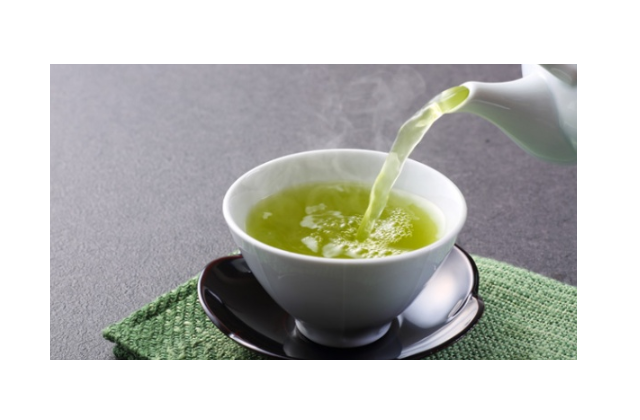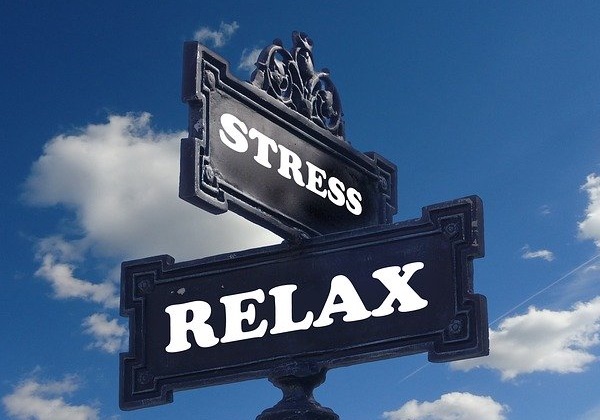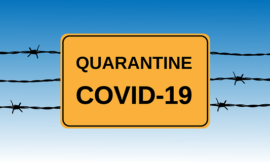Now stress becomes part of our life, working stress is one of the factors which affects our mental and physical health. There are countless techniques for managing stress. Yoga, mindfulness meditation, and exercise are just a few examples of stress-relieving activities that work wonders.
Managing our stress is important otherwise it will affect our mental health badly. These are 10 ways to relieve stress and improve your quality of life.
Listen to music
If you’re feeling overwhelmed by a stressful situation, try taking a break and listening to relaxing music. Playing calm music has a positive effect on the brain and body, can lower blood pressure, and reduce cortisol, a hormone linked to stress.
Try listening to ocean or nature sounds. It may sound cheesy, but they have similar relaxing effects to music.
Do a quick exercise

Quick bursts of movement are great if your stress is making you feel jittery or like your heart is beating faster than normal. A short walk around the office or simply standing up to stretch during a break at work can offer immediate relief in a stressful situation.
A burst of activity gets your heart rate up, and even if brief, will activate several neurotransmitters, including dopamine, serotonin, and norepinephrine that enhance your mood and help cushion some of that anxiety and stress. Getting your blood moving releases endorphins and can improve your mood almost instantaneously.
Dance like no one is watching
Putting on your favorite playlist and letting loose is the best to reduce stress. It also engages the mind and brings on feelings of inspiration. Dancing to music from a happy time and place in your life can trigger positive memories, as well, taking your mind off your stress. It is also best way to improve your dance move.
Breathe easy
The advice “take a deep breath” may seem like a cliché, but it holds true when it comes to stress. For centuries, Buddhist monks have been conscious of deliberate breathing during meditation.
For an easy three- to five-minute exercise, sit up in your chair with your feet flat on the floor and hands on top of your knees. Breathe in and out slowly and deeply, concentrating on your lungs as they expand fully in your chest.
While shallow breathing causes stress, deep breathing oxygenates your blood, helps center your body, and clears your mind.
Do something tactile
Getting out of your head and into your senses can bring you back to the here and now. Whether that’s popping bubble wrap, sorting your change jar to cash in at the bank, or making homemade slime with the little’s, it brings you back into your body.
Talk it out with a friend

When you’re feeling stressed, take a break to call a friend and talk about your problems. Good relationships with friends and loved ones are important to any healthy lifestyle.
They’re especially important when you’re under a lot of stress. A reassuring voice, even for a minute, can put everything in perspective.
Take a bath
Run a bath and sink on in. By changing the body temperature, it’s the full sensory slowing down—it’s kind of like rebooting a computer that has all these windows open doing too much processing. You can add some other calming sensory simulators, like fragrant soap or some chill music, into it, which help you improve your mood.
Eat right
Stress levels and a proper diet are closely related. When we’re overwhelmed, we often forget to eat well and resort to using sugary, fatty snack foods as a pick-me-up.
Try to avoid sugary snacks and plan ahead. Fruits and vegetables are always good, and fish with high levels of omega-3 fatty acids have been shown to reduce the symptoms of stress. A tuna sandwich really is brain food.
Drink tea

A large dose of caffeine causes a short-term spike in blood pressure. It may also cause your hypothalamic-pituitary-adrenal axis to go into overdrive.
“Instead of coffee or energy drinks, try green tea” says Abi, chemist from GDMeds . It has less than half the caffeine of coffee and contains healthy antioxidants, as well as theanine, an amino acid that has a calming effect on the nervous system.
Give yourself a massage
If there’s no one willing or able to work out the tension in your muscles, you can do it yourself, here the sensory receptors in the skin that send messages to our brain, signaling that it’s safe to relax.
It also makes you more aware of where in your body you’re feeling tense, so you can consciously relax those areas, front of your neck, your shoulders, the hinge of your jaw, and pressure points in the palm of your hand are good spot for relaxation massage.
These tips will help to reduce stress and work hard.





